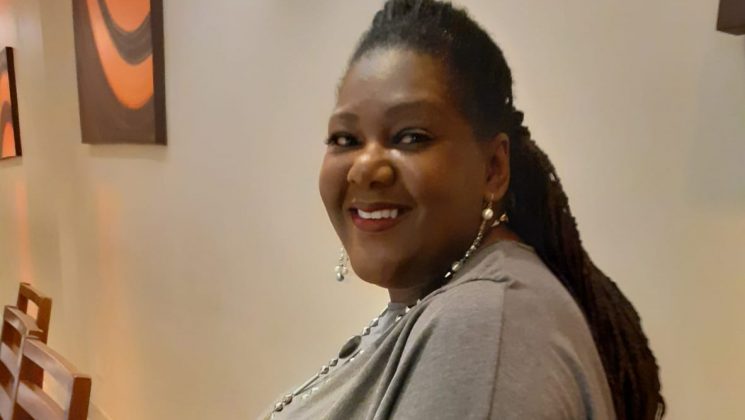It’s not just in the NHS or local councils that UNISON members have been keeping our public services above water during the pandemic.
In police forces across the UK, police community support officers (PCSOs), control room staff, scene of crime officers and many other support workers are proud to be in UNISON.
Carol Johnson is one of them. After a few years as a PCSO in Bedfordshire, she’s now seconded full time to UNISON duties, helping out her fellow workers.
She took some time to talk to UNISON Eastern about what life’s been like for her and her colleagues during the pandemic.
“I’ve been keeping doing the day-to-day tasks that you’d expect from a rep,” she says.
“A lot of meetings to do with Covid, dealing with people working from home and more recently getting people back into the workplace – and still trying to represent people with issues at work.
“It’s more or less business as usual but from home.”
She saw an early example of why it’s important for employers to work with UNISON to sort out problems.
“When we switched to home working there was a real strain on the IT equipment with systems running slow or people being frozen out.
“We intervened and suggested people could work outside their core hours to free up some space and help people juggle their childcare commitments a bit easier. It was win-win.”
The other key concern has been health and safety, with UNISON working hard with the force to make environments safe.
It’s paid off: “We’ve had very little complaint come to us about the use of equipment or individual safety. No-one has said they feel they’ve been put at risk.”
And she said: “Our staff aren’t shy in speaking up for themselves but at a time like this they’ve become more resilient and are willing to go the extra mile to help. It’s been all hands on deck.”
As co-chair of UNISON’s Black members self-organised group, Carol is aware of the particular threat the pandemic poses to Black staff.
“It’s a worrying time for the Black community as a whole, particularly those on the front line.
“Without there being a definitive reason — from genetics to deprivation or the greater numbers of Black staff in front-line roles — it leaves you in limbo.
“The key thing is to be able to look after ourselves and put processes in place.”

